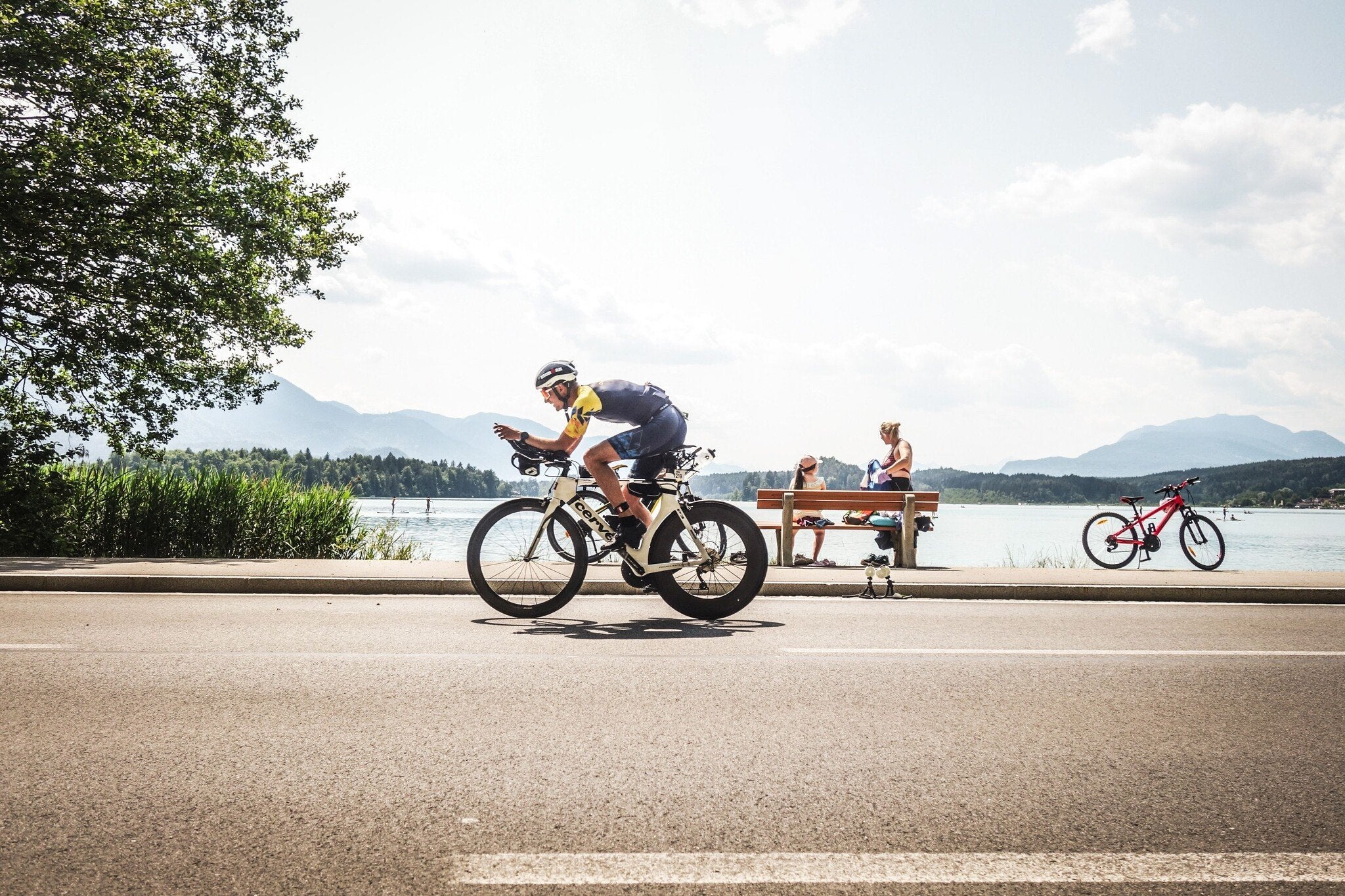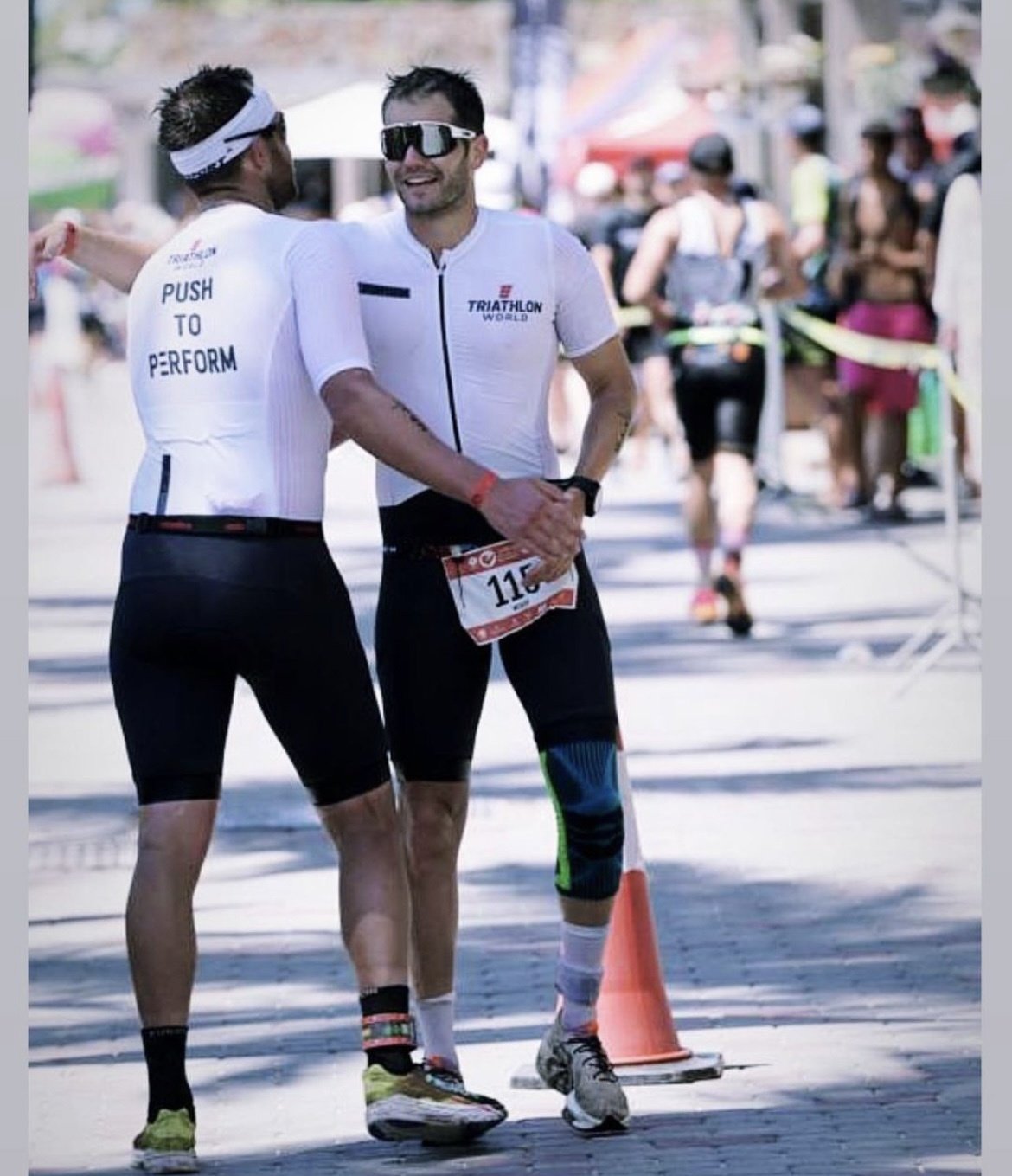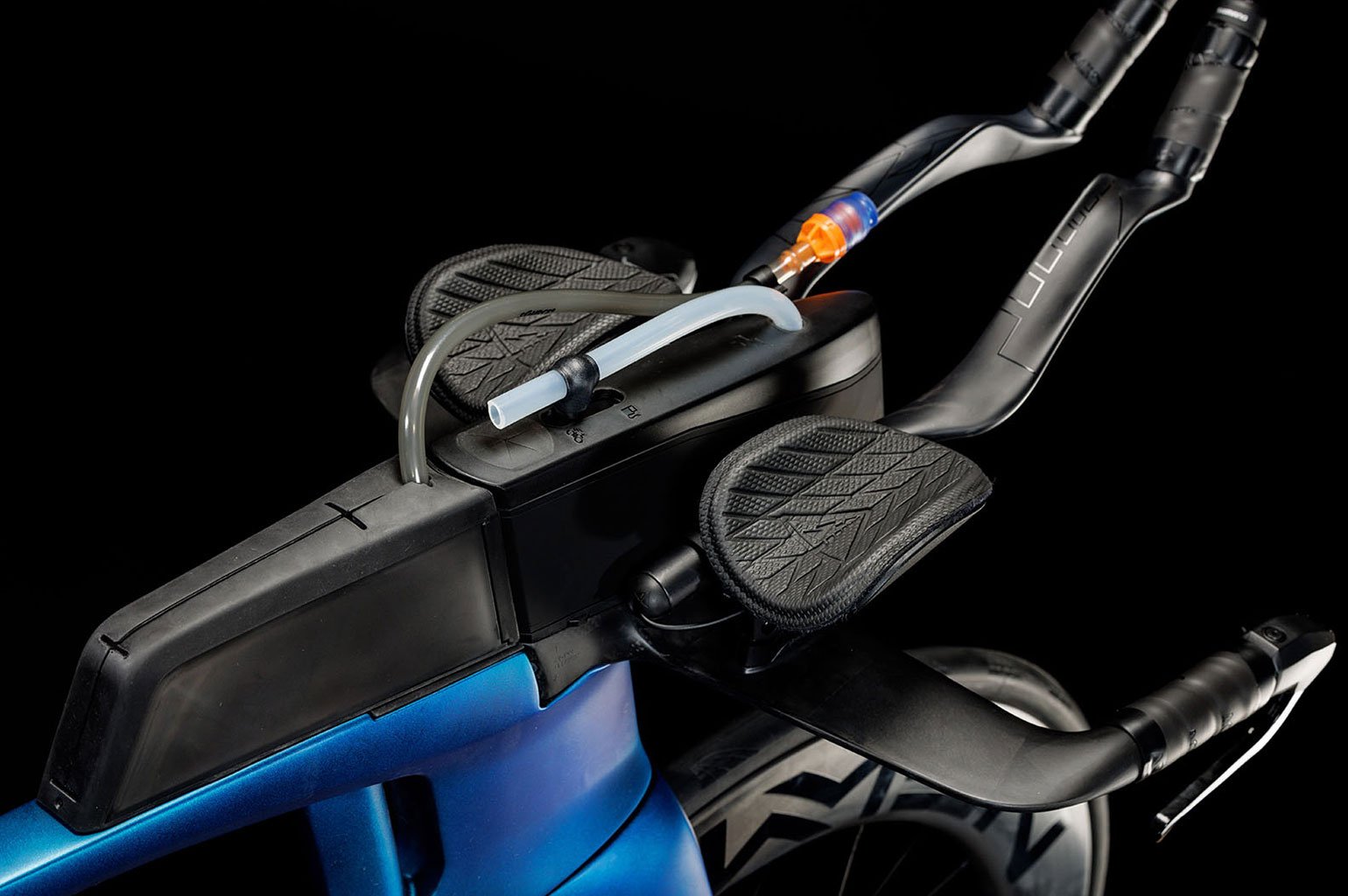
Quarter Triathlon? Pro athlete Steff Overmars will help you get started with tips!
, by Triathlonworld.nl, 6 min reading time

, by Triathlonworld.nl, 6 min reading time
Are you training for your first quarter triathlon? What do you have to think about? Pro athlete Steff Overmars will help you get started with good tips!
Triathlon is a very fast growing sport. Not only in the Netherlands, but worldwide. The competitions are expanding very quickly and nowadays everyone knows what a triathlon entails. That used to be different...
But unlike many other sports, there is a lot involved! And you secretly need quite a few things. I will tell you more about that in this blog.
What is the distance of a triathlon? Triathlon has several (official) distances and that is sometimes quite confusing...
Z=Swimming F=Cycling L=Walking
The sprint Z 750 - F 20 - L5
Olympic distance (or 5150) Z 1.5 - F 40 - L 10
Half triathlon (middle distance or Ironman 70.3) Z 1.9 - F 90 - L 21.1
Classic distance (entire triathlon) Z 3.8 - F 180 - L 42.2
Then you have the 1/8 and a quarter which is almost the same as the sprint and OD (Olympic distance), except the swim is 500m and 1km.
Nowadays there are also many shorter versions in team competitions that are not official.
There is sometimes some confusion about the name Ironman because many people think that this is more than an entire triathlon, it is simply just an organization that organizes these distances, but it is “just” an entire triathlon. Ironman used to be one of the few major organizations, but Challenge is currently booming with races over this distance. Furthermore, there are dozens of beautiful complete triathlons that do not fall under the flag of a large organization.
What materials do you need?
There is a lot involved in a triathlon, especially in terms of equipment.
What you definitely need during your first triathlon:
Optional things (which many do have and are certainly recommended):
You can make it as crazy as you want. Bicycles in particular are things that new athletes quickly invest a lot of money in and don't blame them... Everyone loves a nice bike, but for the starting triathlete, don't let that stop you! With a borrowed/rented bicycle, a borrowed/rented wetsuit, a pair of running shoes that you also cycle in, a set of running or cycling clothing and a healthy dose of effort, you can go a long way in trying to run a short distance.
Do you want to immediately go for longer distances? Then your own racing bike and trisuit is recommended. You can then prepare well during the training sessions.
What best suits your goal?
But how can you prepare as best as possible if you have little knowledge of the sport?
I often get this question and you can of course go to one of the many 'start to tri' courses, there is now plenty on offer. Local triathlon associations can also provide these courses or help you start the sport. Believe me...if you think that you shouldn't join a club because everyone there is much better than you, then you are wrong! There are several novice athletes in associations, and some of them have just passed the phase you are in and they can help you get started! Furthermore, associations and communities often go further than swimming, cycling and running. It's also the social aspect, which is very important!
Do I need a trainer/coach?
If you want to take it seriously right away, training with a (certified) trainer/coach is a good step! As quickly as triathlons are springing up, this also applies to trainers. There is always one that suits you well. This is certainly recommended for longer distances. This way you build up your training responsibly towards your ultimate race!
Remember that these are not 3 separate sports and you should not approach them that way in the run-up to larger competitions. When you start working yourself, you can quickly lose sight of the load and load capacity in your enthusiasm, resulting in an injury in the worst-case scenario ! A coach can help you with this, especially when building up the volume and intensity of your training.
Local sprint competition
If you want to take part in a local sprint competition, you don't need coaches or courses for that. Almost anyone can cycle and run, if you practice well and build up slowly, your first race will certainly go well in terms of these components! Speed is something you don't have to think about at all.
Swimming
Swimming is a completely different thing and often a big barrier for people to start (unless you come from swimming of course). Swimming is a very technical sport and therefore much more difficult to master than cycling or running. Still, I think that swimming 500 meters should not be a problem for most sporty people. Of course, not everyone can do that with front crawl, but with breaststroke you will certainly be fine! During the recreational competitions you are certainly not the only one who swims breaststroke. There are even many recreational athletes who swim breaststroke during an entire triathlon.
Can you really not swim? There are also many swimming courses and front crawl courses that can help you with this. If you absolutely love triathlon after that, you will naturally invest more time in it and if not, learning to swim is never a bad investment!
To switch!
When you have reasonably mastered all three parts, the next step is; practicing the substitutions. Here you will learn what is involved in a switch. So have you thought of everything in terms of materials and how does a good change take place?
The transitions from swimming (lying horizontally) to running, to cycling and of course from cycling to walking, feel quite strange at first. But if you practice it often, like many things, you will get better.
In short, there are plenty of options to start and whether you do it all yourself, through an association, through a course or with a coach... it will certainly be a great experience that first race!
Good luck and have fun!!!!
Greetings Steff Overmars!


[SPLIT]
blog-products-steff


